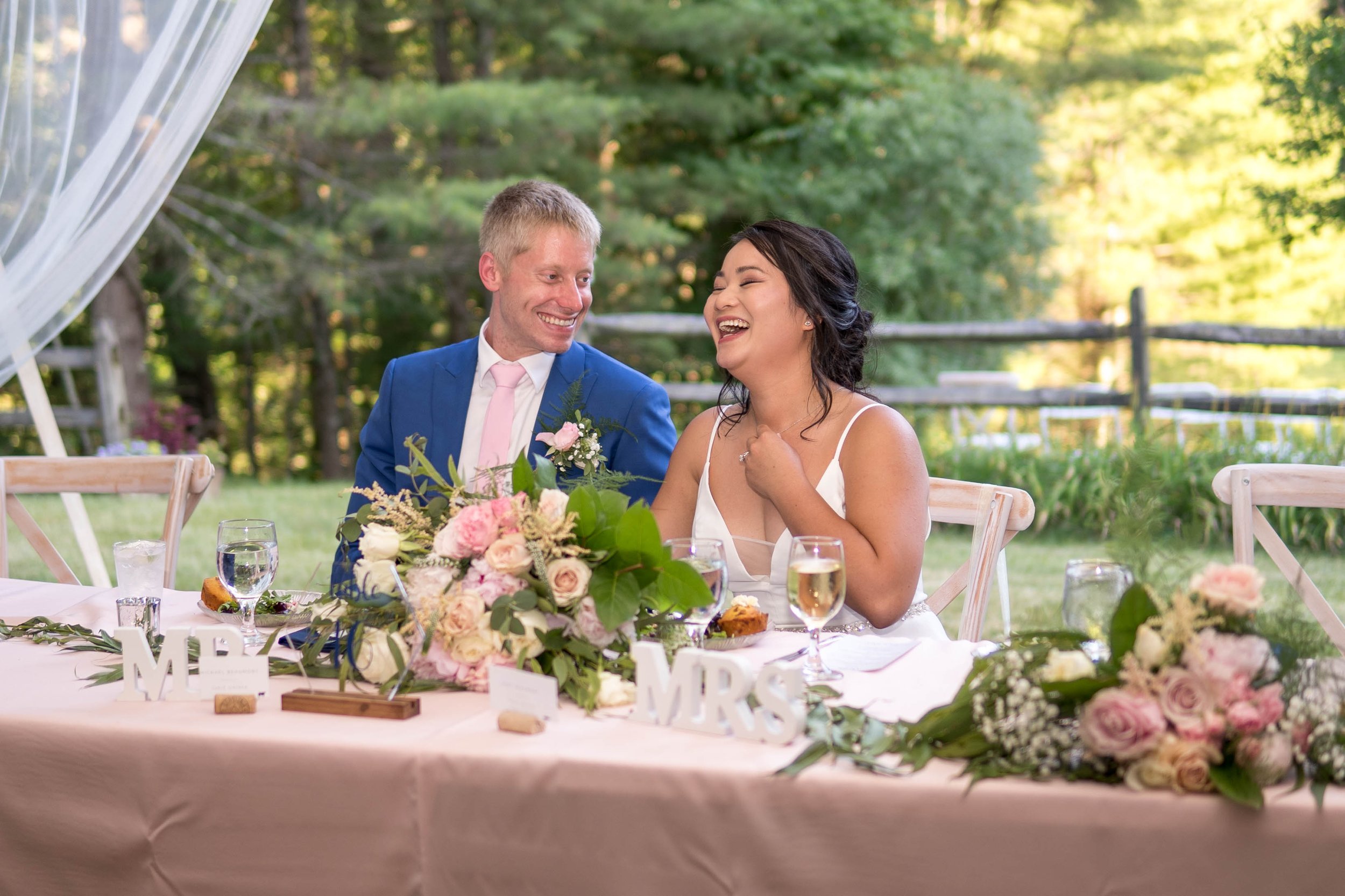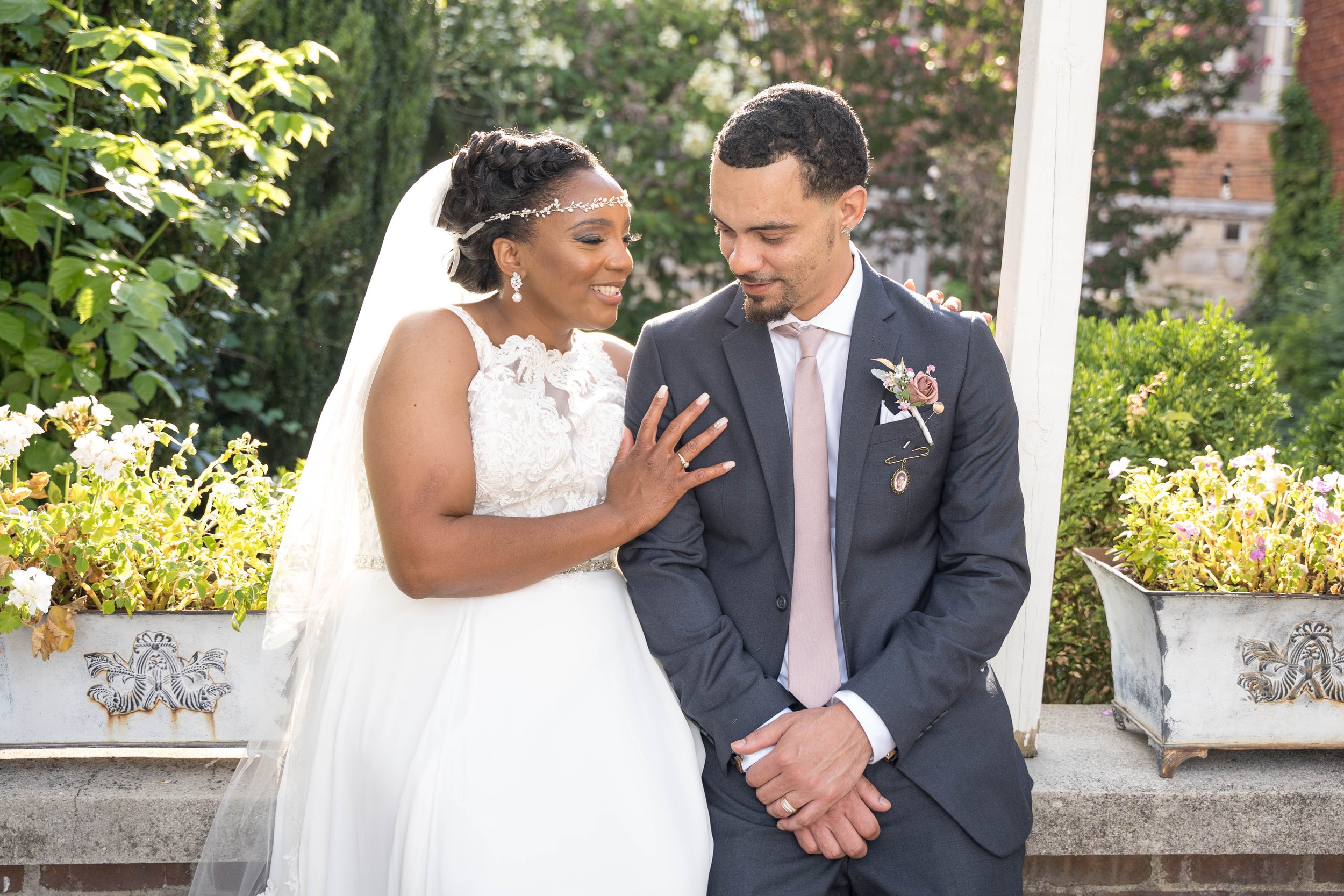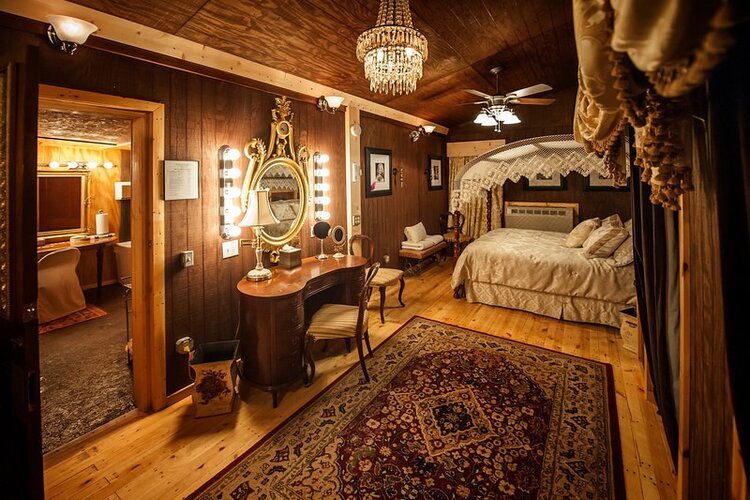Newly Engaged? Here is what you need to do step-by-step
Hello friends, thank you so much for checking out our educational wedding blog today.
As a career-long wedding professional, I’ve seen a thing or two in my career as a wedding videographer and one of the things I can tell you is that many couples just like yourselves will plan the wedding the wrong way.
Today, I want to share with you step-by-step the 4 things that you need to do long before you book any vendor, venue, or plan anything.
Step 1
The first step in the wedding process is something that nearly 88% of couples skip and that’s setting a realistic budget. We did a recent survey and found that of the 89% of couples that skip setting a budget, nearly 94% of them went over budget by $10,000 or more!
Couples that Planned their Overall Budget
Truthfully, after the initial dust has settled from posting that beautiful rock on your finger online you and your soon-to-be need to sit down and talk about what each of you envisions for the wedding day and from there, have a total amount that you want to spend.
The LAST thing you both want to do is go into a mountain of debt getting married.
But how much do you know you need in the first place?
That’s a great question and the answer is not found anywhere except within you and your soon-to-be.
You see, the average cost of weddings that you find on places like Wedding Wire, the Knot, and other major places is actually a skewed number, it’s an ‘average’ with many being far less, while others, being more so.
Taking into account the roughly 215 demographic marketing areas the United States has, your overall wedding costs could vary upwards of 25% or more. And to further complicate matters, couples will envision their wedding differently than yours as some will want an over-the-top experience while others want a small intimate celebration.
Here within the Roanoke- Lynchburg marketing area, I can tell you that couples spend far less than the roughly $33,000 the Knot tells couples to spend.
“The national average cost of a wedding in 2019 is more than $33,400.”
In fact, in SWVA, couples spend much closer to $24,000 on average. Again, that’s average, NOT what you necessarily NEED to spend to have a great wedding day in our region, that number however doesn’t come close to other parts of the state like NOVA or Richmond for example.
When thinking about the overall number, factor in things like the type of venue you want, the types of food, catering, flowers, and the like that you want.
Truthfully, vendors of all caliber within the wedding business are going to balk at what we’re telling you because they want to maximize income based on your wedding day.
We highly recommend that you give the wedding budget tool a try and use that as a starting point.
Step 2
Once you have set that budget amount, be it $1,000 or $140,000 (and yes some weddings cost that believes it or not and I’ve done them right here in Roanoke) is to set forth a number of guests.
This is important because the number that you just came up with, will change.
See, your guests are going to be the number one expense, NOT your wedding venue, that’s a common misconception. When you tie in the cost of cocktail hour, dinner, alcohol, cake, and some sort of party favor, you can expect anywhere from $25 per person upwards of $150+ or more per person depending on how fancy you want things.
The cost will vary a lot when it comes to food and what you’re seeking. If it’s something simple like pasta and salad, it will be very cost-effective as where steaks will cost you far more.
One tip we can tell you is that the plated dinners are generally more cost-effective than buffets are, again it’s a misconception.
If for example, you know there will be 110 guests coming to your wedding dinner (add 10% for vendors and those oddball plus-ones) then you’re ONLY paying the costs for that number.
Wedding Dinner Guests Costs
For buffets, you may have the same number of guests, however, you need to have more than enough for those people that come back for seconds and even thirds. (If you have a buffet-style dinner, this WILL happen)
So, for the 110 servings, that could translate into paying for 121 meals instead, assuming 10% of those grab seconds of larger portions of food. While 11 meals don’t sound like much, if each meal costs roughly $50, that’s an added $550 in wasted costs.
Little things like that add to BIGGER overall expenses for your bottom line.
We recommend keeping your guests, immediate family, and close friends that you still associate with to keep the numbers low. Just remember the more guests, the MORE money YOU will be spending.
Step 3
Once you have the guest number and adjusted the overall budget number using our formula, you will want to decide on hiring a wedding planning service such as us.
What I can tell you is this, if you skip having a wedding planner or wedding manager altogether, YOU will be much more stressed and you and you alone will have to deal with everything coming together as well as the wedding flow of the day too.
Our sister company, Wedding Photography and Films did a Facebook survey in 2020 asking more than 800 couples in the Mid-Atlantic region if they hired a wedding planning service.
Roughly 73% said they either skipped this altogether or they simply hired for the “Day-of” wedding coordination. The remaining 23% that hired planning for the entire duration of the wedding engagement saw a stress level 14 times less than those that skipped or hired just the day of.
Couples Choosing a Wedding Planner
So, you really have a question to answer.
Should you hire a wedding planner or wedding manager?
You have basically 3 choices, skip a planner altogether, hire one for the day of your wedding or hire one for the duration of your planning and the wedding day.
Let’s go over the pros and cons of each one.
Skipping a Wedding Planner
Skipping a wedding planner happens, many couples don’t see the value in hiring one, and trust us, we get it. The main factor in skipping a planner is the lack of education as many people think planners simply walk around with a clipboard and tell people what to do, which is far from the case.
Pros of skipping a wedding planner
It will save you money in the short run
You don’t have anyone to tell you what to do
Cons of skipping a wedding planner
While it will save money in the short term, it typically costs more in the long term financially and emotionally
You will not have anyone to educate you through the wedding process
You will not have anyone to keep the vendors on track or the wedding timeline flowing smoothly
Hiring for the “day-of” your wedding
Hiring a wedding day coordinator or “day-of” wedding planner is the most common. Generally speaking, you will hire them for the month before your wedding, sometimes a week beforehand and they will provide limited help throughout the day. You still do a majority of the work and if someone goes wrong, generally it’s your fault not so much theirs.
Pros of hiring for the “day-of”
It’s cheaper than the full-service planning
You will get limited help for the day
You will get educated through the last month of the planning process
You will have someone to help run your wedding timeline
Cons of hiring for the “day-of”
You are hiring them with limited knowledge of your wedding process
They will have not saved you additional money with booking vendors at a discount or provided better insights on planning
They have limited knowledge of your ‘vision’ for the day
Hiring for the entire planning and ceremony
Hiring for the long-haul is certainly the best option for several reasons. From providing you better insights in the wedding industry on what to do, how best to save money and just their network of vendors for additional discounts, they also will have the best understanding of your ‘vision’ for the day and they’ll be able to tackle anything that may arise during the wedding or reception and take care of it with ease.
Pros of hiring for the long-haul
You’ll get better educated on what to do and what to skip on for expenses
They’ll be able to best direct booking vendors, have the smoothed ‘wedding workflow’ of the day and be able to know the in’s and out’s of the timeline
They will be able to help save you additional money via booking vendors they like to work with as many of them offer a small discount for repeat business. (more on that in another post)
They will best direct the vendors for the wedding helping that everything runs smoothly
You’ll be able to focus on you and the wedding, and not stress about the little things
Cons of hiring for the long-haul
It will cost you more upfront
You are giving up full control to a professional
You may clash with their knowledge of the wedding industry
Step 4
Once you have decided on a wedding planning service, the first major vendor, the wedding venue will need to take shape.
Without a wedding venue, you can’t have a date and without the date, you can’t book other vendors, send out invites or start to put things into motion.
Here within our region, there are 122 wedding venues according to the State Corporation Commission, and several others that operate that are not true enterprises.
Locally, you can find them ranging from just a few hundred bucks (like a state park pavilion) to more than $17,000+ just for the venue.
A couple of things to consider here when finding a venue that fits your needs, we turn to our friend and proprietor Bob Johnston, owner of Silver Hearth Lodge for some guidance. Bob owns the only mountain top wedding venue in the Southeastern part of the United States and offers weddings of all shapes and sizes.
Bob recommends finding venues that are not box-style venues and this is what he means. Find venues that are dedicated wedding venues first, then something second. Venues like that will better cater to your wedding day needs rather than it being more of an after thought.
A few examples would be vineyards that operate as a winery first, but a wedding venue second, or hotels that offer weddings on the side. Many times private venues will operate with the idea that they will cater to weddings and other events like corporate retreats, again you want to find those that focus on just weddings.
Secondly, Bob suggests that you find venues that truly allow for flexibility to suit your day’s needs. For example, many venues only have one spot to get married outdoors while others may allow for multiple places. It’s features like that you want to seek in a venue because you can truly have a unique wedding experience rather than a cookie-cutter one.
His final words of advice are the venue’s ability to cater to your needs. For example, if the bridal suite only has a couple of plugs, you may wish to rethink that.
Many times brides and their bridesmaids will want power for cell chargers, fans, makeup artist lights, various haircare devices, and more. Venues that put those little thoughts into them, like tissue boxes at every corner can easily enhance your day.
Next Steps and Final Thoughts
Once you complete these first steps, you’re on your way to booking other vendors, finding that perfect dress, and getting everything in line for your special day.
We’ll be posting other great articles each week, giving you tips and tricks to help guide you through the wedding process and if you have a question, just contact us and ask, we’re ALWAYS here to give free advice.














